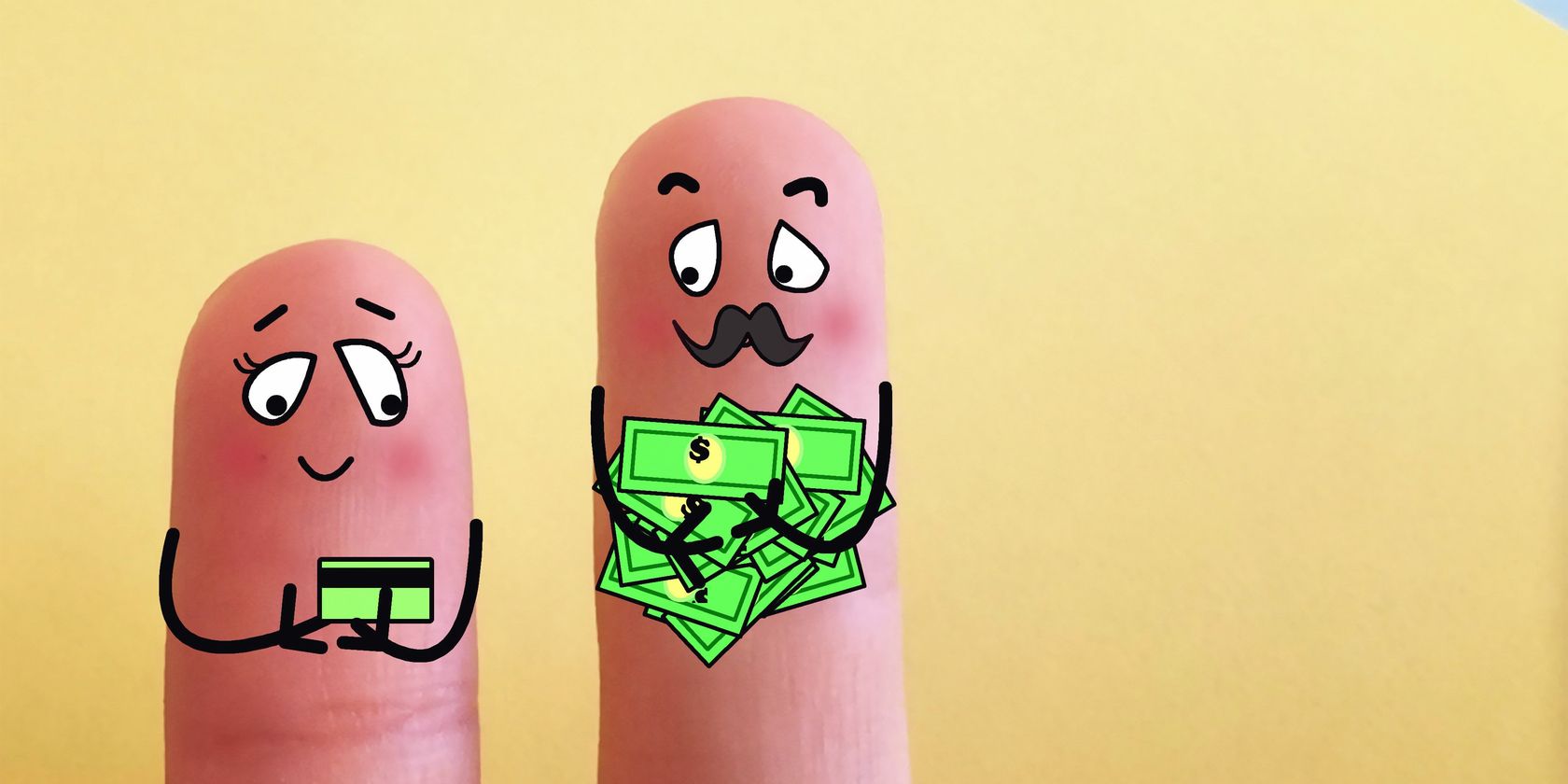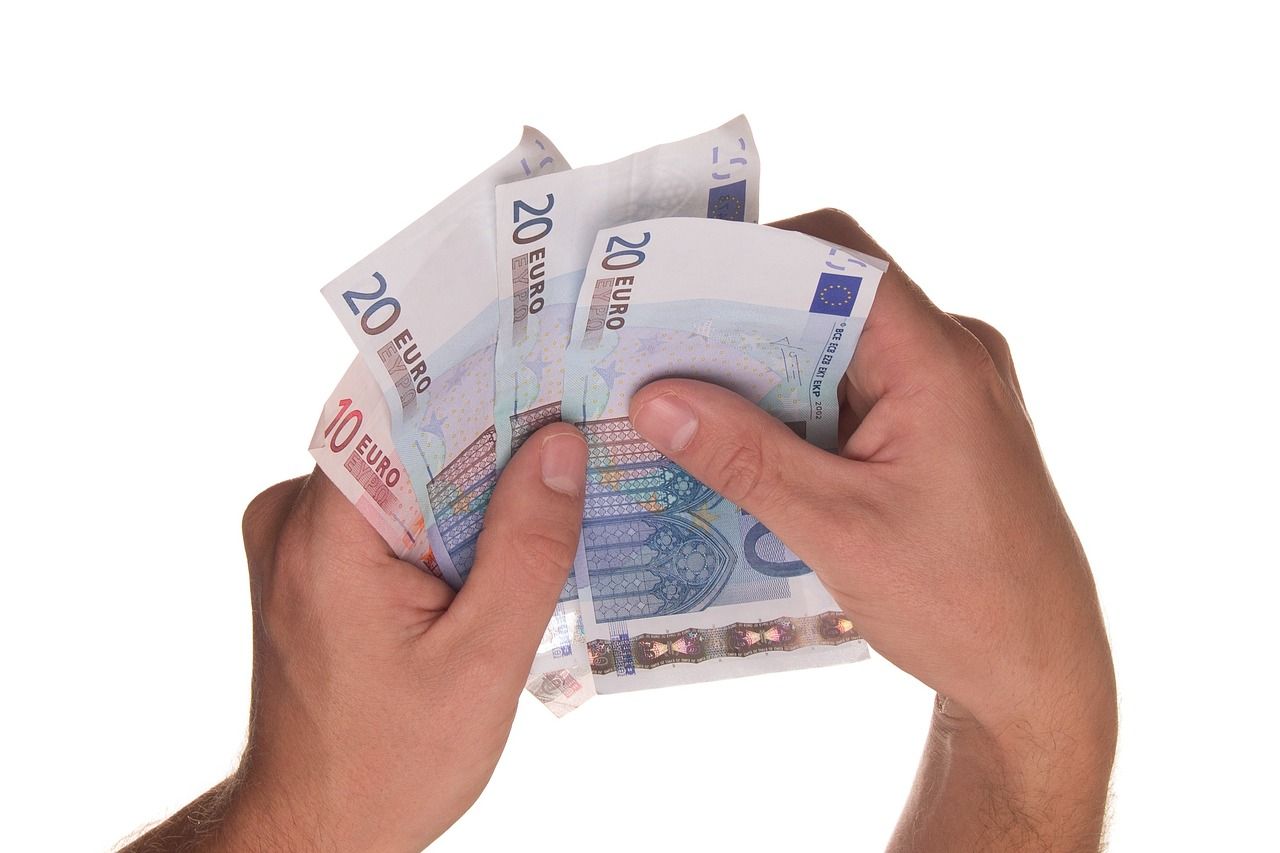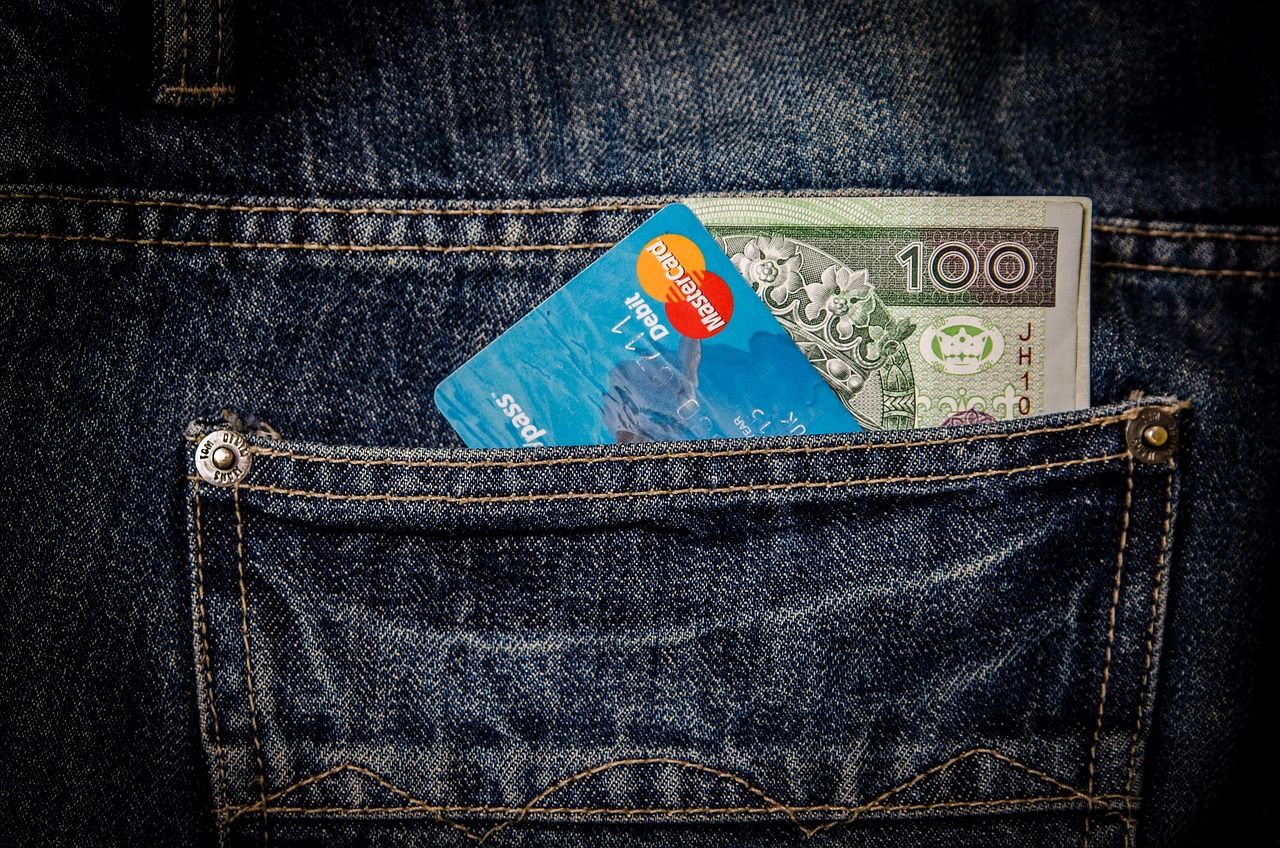Scammers are quick to follow suit whenever a service pops up that allows people to transfer money on the internet. Undeniably, a recent spike in sugar daddy scams can leave people out of pocket and miserable.
Are sugar daddies real? Yes, they are and can scam you quickly, especially if you don't notice the red flags. So what is the sugar daddy scam, how does it work, and how can you defend yourself?
What Is a Sugar Daddy?
The sugar daddy scam takes advantage of an existing system. This involves older, richer people who identify as sugar daddies or mommies. These people want to use their riches to find companionship.
Sugar daddies and mommies often meet younger people, known as sugar babies, who need cash. The sugar babies give their respective sugar daddy or momma love and attention, and in return, the sugar parent gives them money, pays for dates, or offers some other financial incentives.
When performed with good intentions, the relationship between the sugar daddy and their baby is productive, and sugar baby scams technically don't occur. However, scammers are now leveraging this system and finding ways to extract money from people.
How Do Sugar Daddy Scams Work
The sugar daddy scam comes in various attack vectors, but they all have the same base process and result.
The fake sugar daddy scammer makes the sugar baby believe they have received or will receive a large sum of money. Then the fake sugar daddy asks for some money in return. After they're paid, the fake sugar daddy leaves and takes the money they falsely promised with them, leaving the sugar baby out of pocket.
There are two ways sugar daddies run the sugar baby scams.
The first involves them promising a huge sum but asking for an upfront payment first. The second route involves the scammer paying the sugar baby a huge sum of money that evaporates after some time, but not before the scammer asks for some back first.
When the Scammer Asks the Sugar Baby for an Upfront Payment First
The first method is the easier of the two to sniff out. That's because it uses a common money-related fraud we've seen for years in other services, such as Venmo-related scams. There are many other cash scams in recent history, such as the Cash App scam, which is notoriously famous for all the wrong reasons.
The scammer begins by posing as a sugar daddy or momma. They then approach people on websites and social media who are looking to become a sugar baby.
The scammer will send the user a message, telling them they're willing to pay off any bills or buy expensive goods. This leads the victim to believe that the scammer has the solution to their problems.
The scammer then declares they're ready to help the victim escape the mess they're in, but there's a catch.
For some reason, the sugar daddy scammer will require payment from the sugar baby before sending the money. The reason can change from scammer to scammer. Some will play the power card and say the small payment acts as a "proof of loyalty." Others will use an excuse such as payment fees or other expenditures involved in sending the money over.
Of course, the initial payment isn't for anything: it's just the nuance of a sugar baby scam. Once the scammer gets the money, they vanish without sending the promised money and leave the victim out of pocket.
For example, Avast reported on an attempted PayPal sugar daddy scam. The fake sugar daddy told the victim that, before he could send over a $1,500 payment, the recipient had to send money to him to help verify his PayPal account. Fortunately, the victim knew it was a scam and sent nothing over; nonetheless, it is a good example of how fake sugar daddies and mommies operate.
When the Sugar Daddy Scammer Makes a Temporary Payment to the Sugar Baby
This method is far more dangerous than the one outlined above, as it reliably tricks the user into thinking they got paid. The problem is that the money the victim receives disappears after a while, leaving them with nothing again.
Scammers create this "temporary payment" in one of two ways. They may use stolen credit card funds to pay the sugar baby. The money does land in the baby's account, but once the credit card company realizes that the card was stolen, they'll take the money back and leave the victim with nothing.
They may also choose to use a check that they know will bounce. Once cashed, the check will appear in a bank account, but it won't truly "count" until the funds clear. If the check doesn't clear, the money vanishes from the account again.
But if the scammer pays a victim with this temporary money, how are they making money off them? The key here is that a scammer has a small window between the payment and the money evaporating where the victim truly believes they've been paid. They can exploit this window and ask for money back before it disappears.
For instance, a scammer may send a victim $2,000 in checks to cover the victim's bills. Then, the scammer will say they want a token of appreciation or payment to fund a special occasion. They'll then ask the victim to pay them back a little bit (say, $100), usually in gift cards.
Gift card payments are a huge red flag that you're in the middle of a scam. Unlike money transfers, gift cards have less of a paper trail and are easier to send. This is why phone scammers always ask for payment via this method. Whenever you feel stuck in such a scenario, you should always try and recognize gift card scams by analyzing the symptoms of the request.
If the sugar baby agrees, they send the money over, thinking they still have a wealth of money the scammer sent over as backup. Unfortunately, the checks will bounce, leaving the victim $100 fewer than they started.
If this sounds too farfetched for you to believe, there are real-world examples of this happening. As reported by ABC7 News, a 17-year-old boy fell victim to a Snapchat sugar baby scam after he was given $4,000 and a $4,500 check by a sugar momma. After he cashed them in, he was told to donate $8000 to a secondary source and keep $500.
Unfortunately, after the boy had donated the money, the checks bounced. The money the boy thought he had received "evaporated" overnight and left him in debt.
How to Spot a Fake Sugar Daddy or Sugar Momma Scam
The problem here isn't the sugar daddies and mommies themselves. While rare, legitimate people are there who want to spend money on others in exchange for compliments and dates.
Therefore, the problem rests more on weeding out those who don't want to support you. Such people abuse the system to scam financially-desperate people out of their hard-earned money.
Watch Out for Sugar Baby Loyalty Tests and Fee Requests
If a sugar daddy or momma asks you to pay them before they pay you, be immediately alert. This includes payments to "prove your loyalty" or to cover transaction fees.
If someone is giving you money, it shouldn't rest on you to send money to them to cover something. As such, it's highly likely that if someone asks for a token payment before they pay you, they want to take that money and run.
Don't Instantly Trust Any Incoming Funds
If someone sends you money, don't act on it or spend it immediately, especially if it was paid via check. Scammers have a way of giving you temporary funds that can evaporate at a moment's notice.
As such, when you receive a large payment from someone online, give it time to settle first. If they pay by check, give it time to clear before spending it. If they paid money directly into your account, don't spend it immediately to ensure the cash wasn't paid via a stolen credit card.
Keep Your Relationships Sweet by Spotting Sugar Daddy and Sugar Momma Scams
When they're legitimate, sugar daddies and mommies can offer people financial support and a relationship. However, scammers are keen to abuse the system, so keep your eyes out for these fake parental figures.
Whenever relationships are involved, scammers aren't too far behind. Even on online dating sites, there are scams galore that can ruin your desire to find love or companionship





